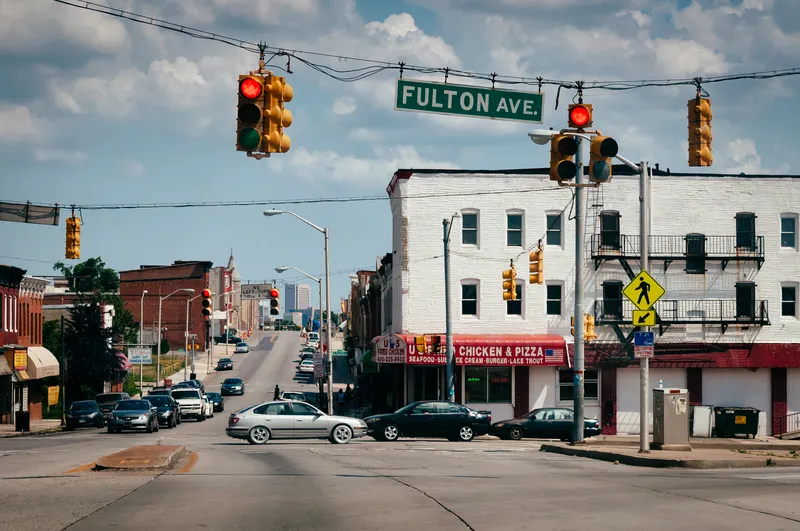
NoTraffic has received approval from the Maryland Department of Transportation (MDoT) to deploy its intersection safety and optimisation technology throughout the US state.
The roll-out builds on deployments - completed in October - at five intersections in the city of Baltimore, which was experiencing gridlock "due to unexpected disruptions and rerouting", NoTraffic says.
Traffic control and safety systems integrator Blackstar Diversified Enterprises (BDE) collaborated with NoTraffic to secure approval from MDoT for a statewide expansion of the technology.
The mobility management platform leverages AI and edge computing to retrofit signalised intersections into what the firm calls a "fully automated, cloud-connected hub".
Taking two hours to install, the platform can classify all road users including private vehicles, public transportation, emergency services and pedestrians - and respond to traffic conditions in real-time to reduce travel times and CO2 emissions and improve safety.
It is currently operating in more than 30 states, including California, Texas, Pennsylvania, Colorado, Florida and Georgia as well as parts of Canada.
Tal Kreisler, CEO and co-founder of NoTraffic, called it the MDoT deal a "major milestone".
“Our ongoing deployments in Baltimore showcase the tremendous advantages that traffic technology provides," he adds. "As roadways face increasing challenges like roadwork, accidents and weather disruptions, this approval paves the way for scaling our adaptable mobility platform nationwide, ensuring communities everywhere benefit from safer, more efficient infrastructure.”










